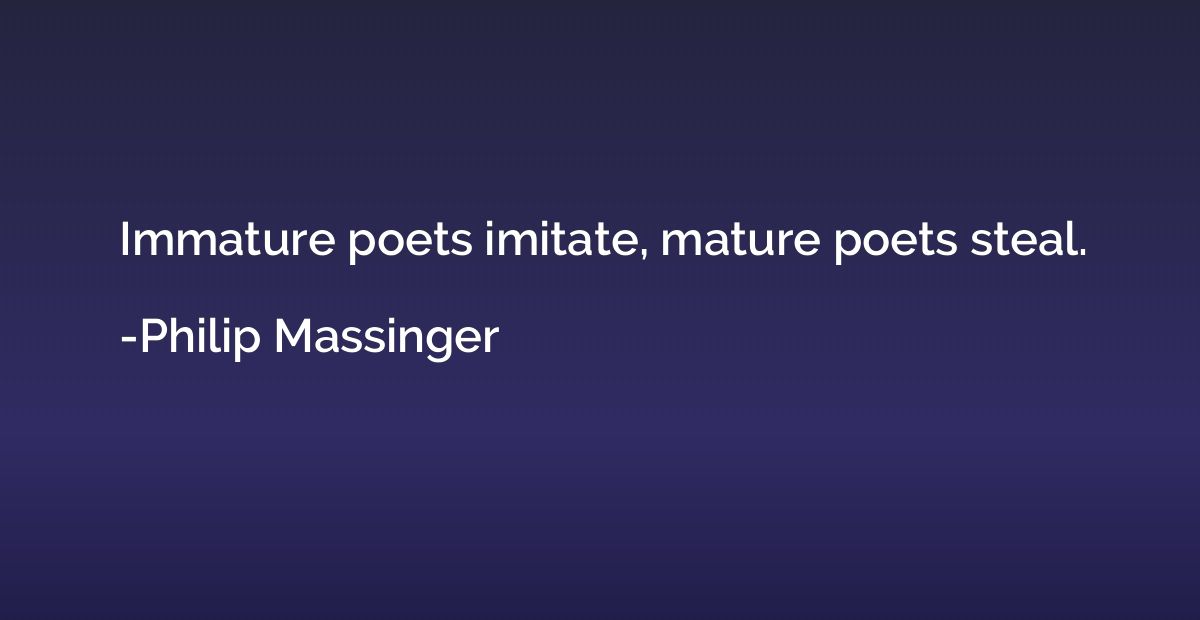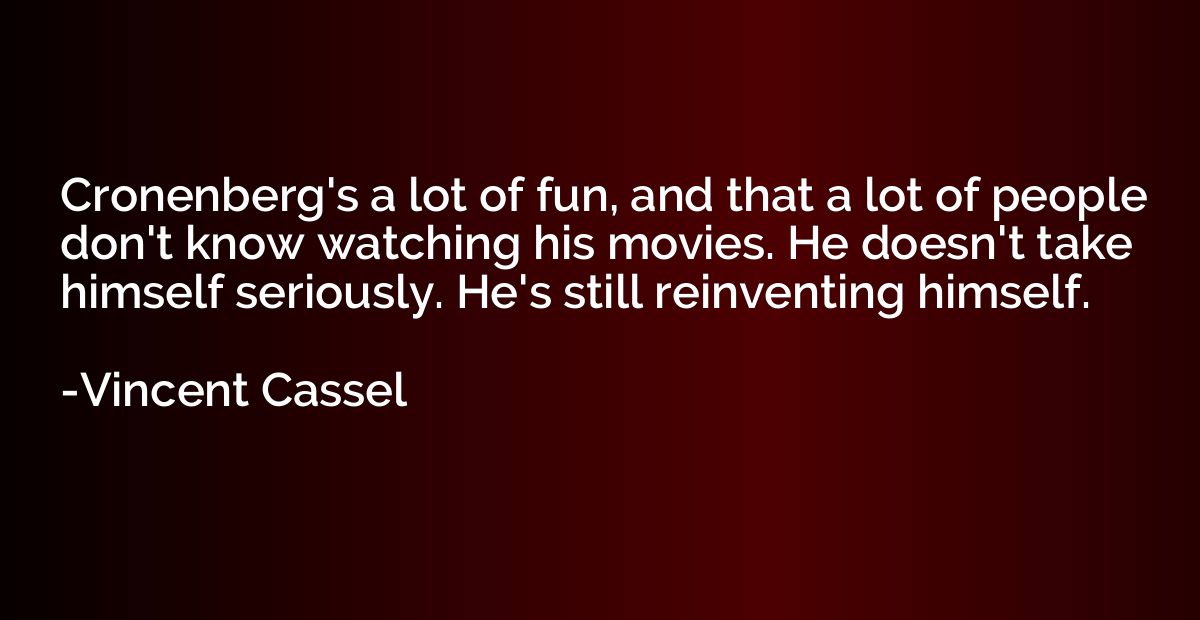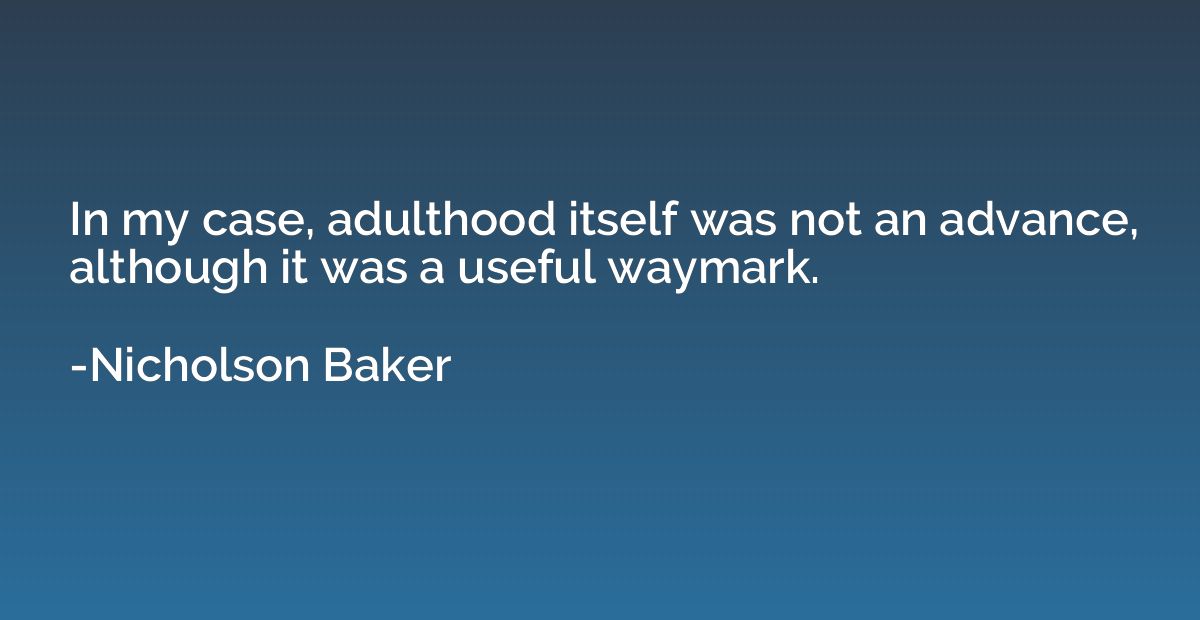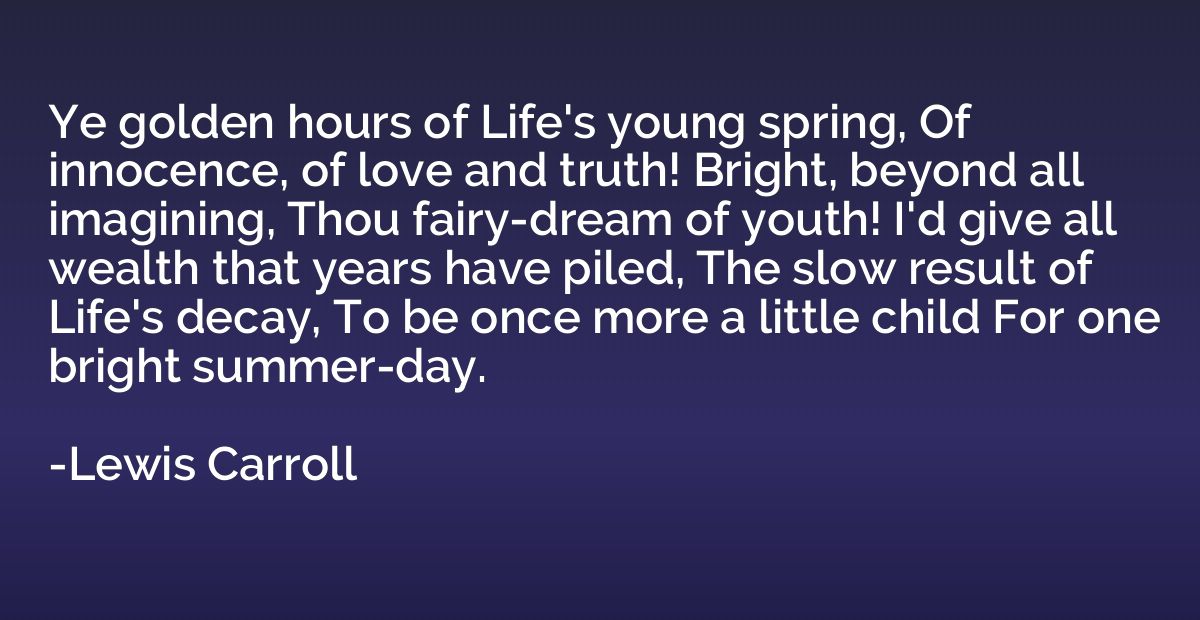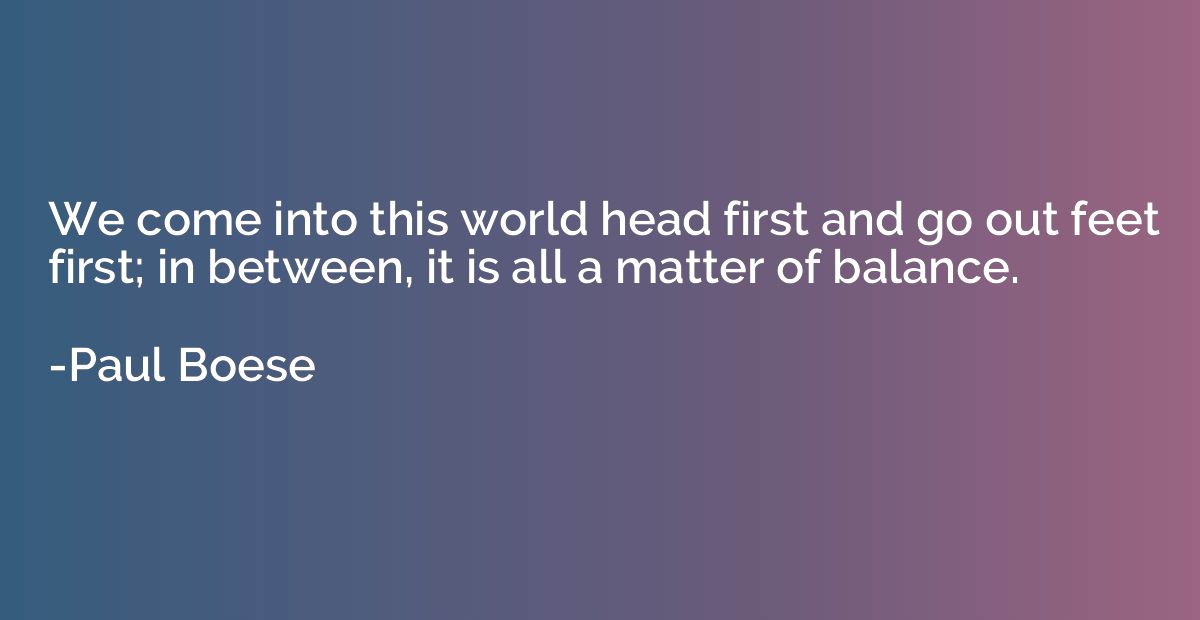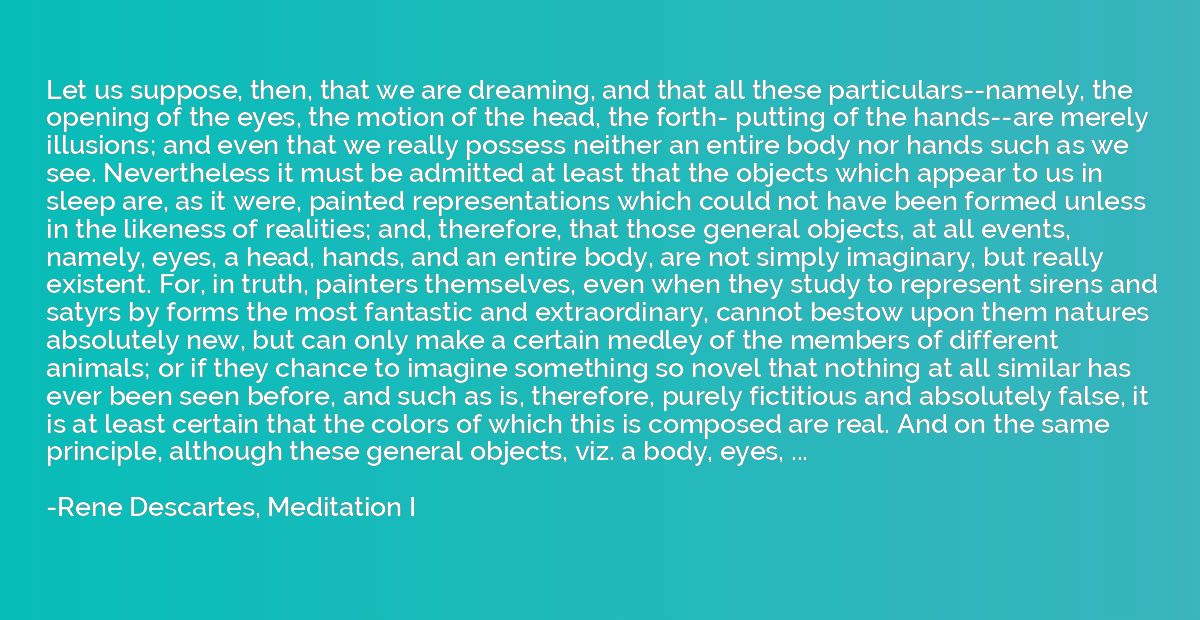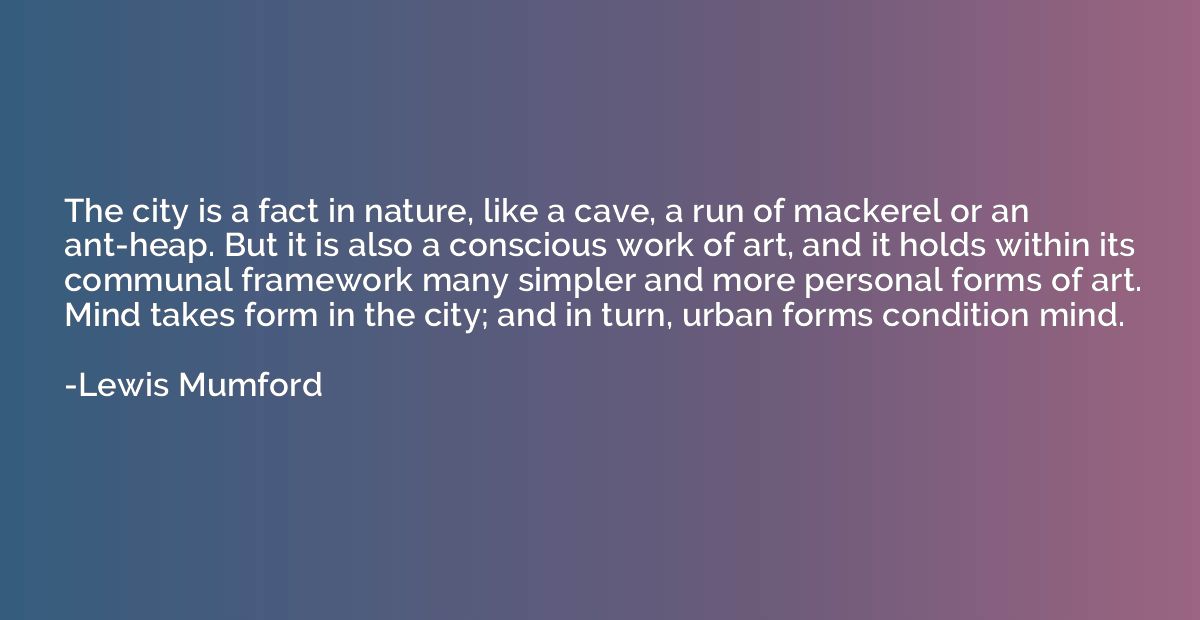Summary
This quote by T.S. Eliot suggests that while inexperienced or immature poets may attempt to imitate the style or ideas of others, truly skilled and mature poets take inspiration one step further by "stealing" and incorporating elements from various sources. This reflects the idea that mature artists have a deeper understanding of their craft, allowing them to creatively blend and adapt influences to create original and unique works. It emphasizes the importance of innovation and ingenuity in the poetic process, encouraging poets to go beyond imitation and instead seek to transform and repurpose existing ideas in their own artistic expression.
